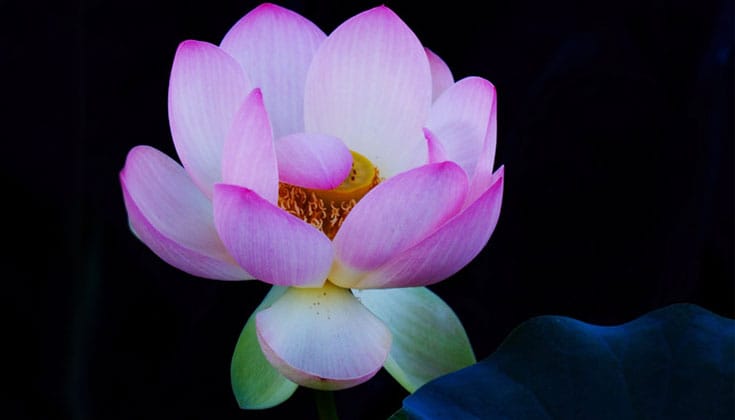The essential teaching of the buddhadharma is that suffering is universal and not foreign to any life. To respond to suffering with kindness and compassion is fundamental to Buddhist mind/heart training.
Often our reaction to suffering is to recoil and armor the heart. We believe that suffering signals that something has gone terribly wrong or someone is to blame for this very human experience. This produces enmity, hatred, and warfare, which are ubiquitous in our world today.
In the face of loss and pain, the Buddha encouraged us to cultivate the brahmaviharas. These four qualities of heart—loving-kindness, compassion, sympathetic joy, and equanimity—are powerful antidotes to conflict, inviting loving wisdom into relationship. Our usual reactivity views the world as hostile, triggering isolation and self-protection. Instead, the heart can be trained to engage others with loving-kindness and compassion, based on friendly awareness, mutual resonance and natural connectedness.
Compassion mandates that we extend understanding, warmth, sensitivity, and openness to the sorrows of the world in a truthful and genuine way.
This is not separate from the instructions uttered some twelve times in the mindfulness instructions of the Satipatthana Sutta: to be mindful internally of our own experience, externally of the experience of others, and both internally and externally of our connection with others.
Compassion is empathy for suffering arising from the heart’s fearless capacity to recognize universal kinship and belonging, transforming resentment into forgiveness, hatred into friendliness, and fear into kindness for all beings. It mandates that we extend understanding, warmth, sensitivity, and openness to the sorrows of the world in a truthful and genuine way.
The late Chögyam Trungpa Rinpoche called this the spiritual warrior’s tender heart of sadness: “This experience of sadness is unconditioned. It occurs because your heart is completely open, exposed. It is this tender heart of a warrior that has the power to heal the world.”

